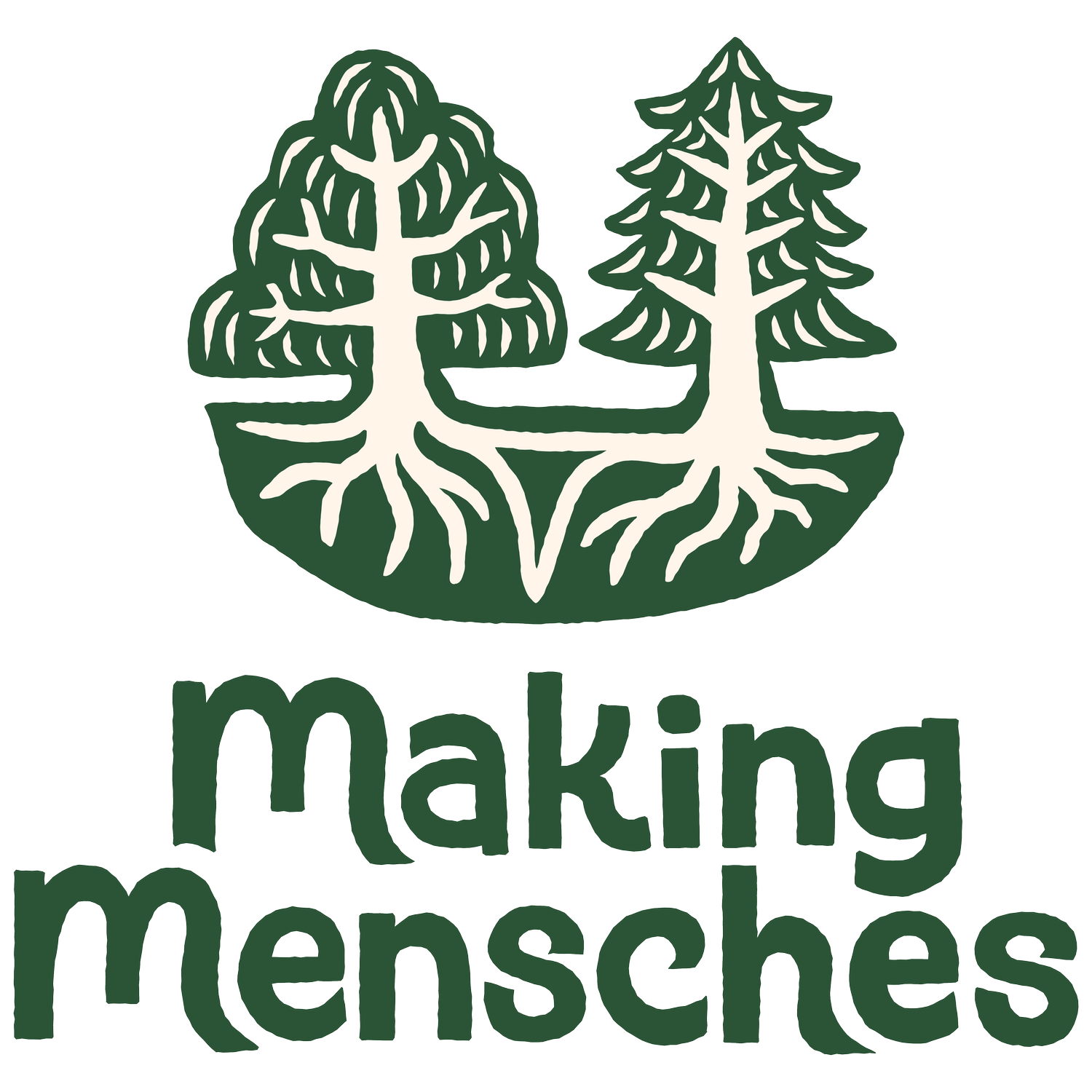Making Mensches
Your home for Queer, Anti-Zionist Jewish ritual, radical education, and community.
Our Mission
Making Mensches is a home for Queer, Anti-Zionist Jewish folks. Making Mensches is an organization, a labor of love, and an educational model for a pluralistic and inclusive Jewish future.
We focus on community building through education and ritual with an explicitly anti-zionist framework. We facilitate radical Jewish educational experiences and connect and support anti-Zionist Jewish communal development.
Our Values
Making Mensches is a home for anti-zionist Jewish folks. This is our hardline, that we refuse to move on. There are radical Jewish spaces for a spectrum of beliefs, there are spaces for unlearning of Zionism, and these are holy spaces - but we are not doing that work. Our work is holding our queer, anti-Zionist community close and allowing folks space to return to Jewish ritual and spirituality safely. We know what it is to feel the betrayal of being part of normative, Zionist Jewish institutions and then being rejected by them. We know what it is to come to anti-zionism because of the values that these institutions taught us, and then be told we are bad, or wrong, or misguided, or not Jewish anymore. That trauma and pain is why we fight for this space to exist, so we can all practice the Judaism we love.
Ashkenormativity, anti-convert sentiment, racism, ableism, homophobia, transphobia, sexism, and any other forms of discrimination are not welcome in our spaces.
